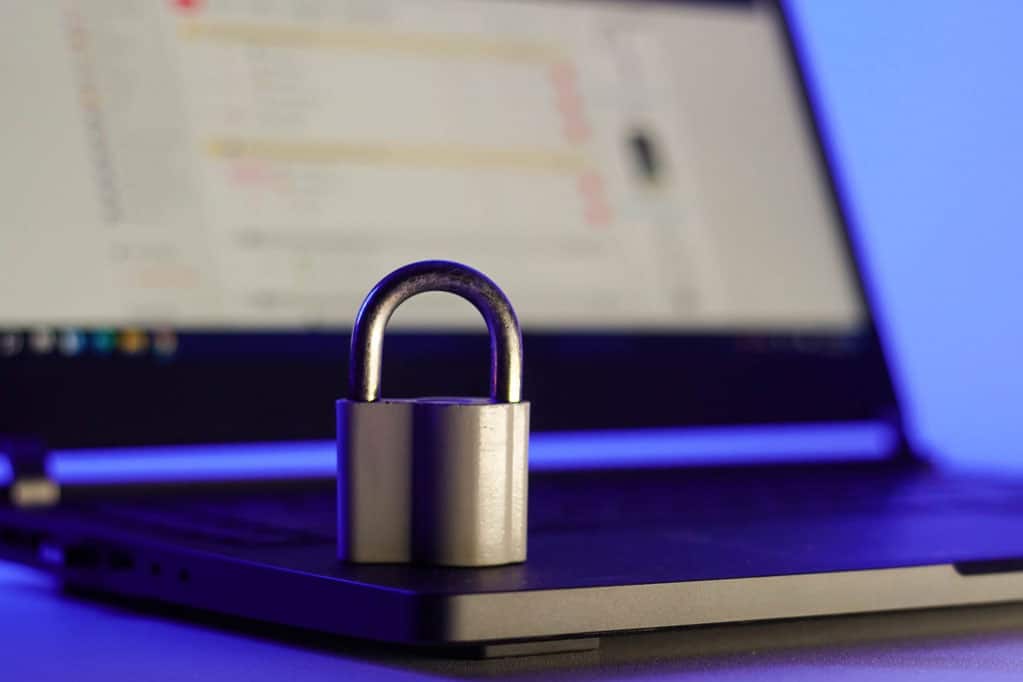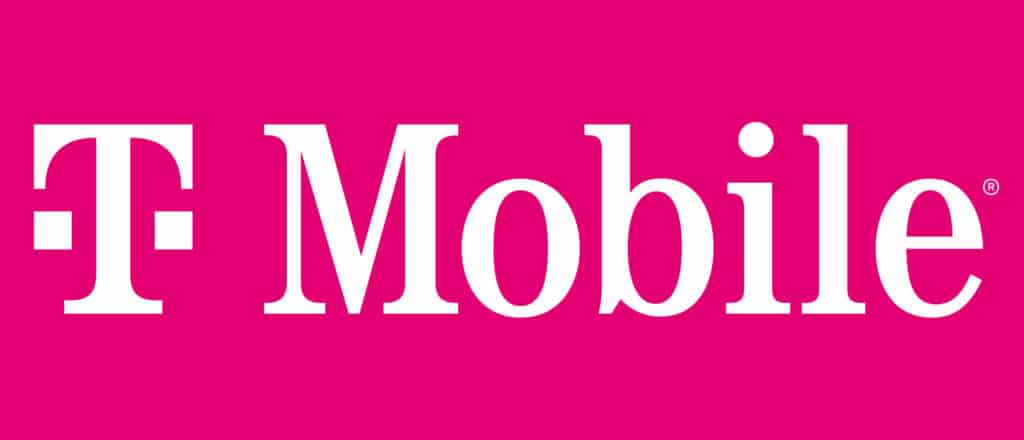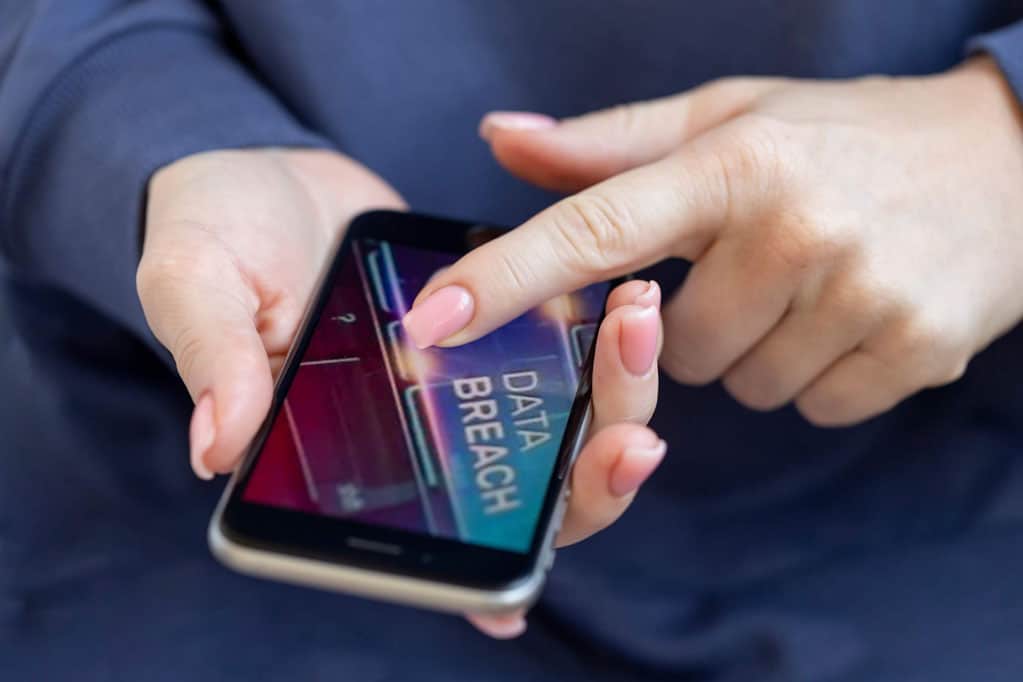The recent T-Mobile data breach is a powerful reminder of how important it is to keep our personal information safe and secure. T-Mobile, one of the biggest telecommunications organizations in the US, was hacked again, exposing the sensitive information of more than 50 million current, former and prospective customers.
What Happened with T-Mobile?

If you’re like most business owners and managers, you’re probably wondering what happened with T-Mobile and what you need to do to protect yourself and your business from these data breaches. Cybersecurity threats and data leaks can cause serious damage to your reputation and bottom line, which is why it’s so important to have a reliable cybersecurity partner like Novus Tech, that offers a comprehensive suite of cybersecurity services, including IT support, malware removal, data leak and breach prevention. In this blog post, we’ll take a closer look at the T-Mobile data breach and offer business leaders advice on how to stay safe from other data breaches in the future.
Who is T-Mobile?

T-Mobile is a subsidiary of Deutsche Telekom AG, and is one of the largest telecommunications organizations in the world. The company offers wireless voice, messaging, and other benefits to customers in dozens of countries. In the US, the organization has more than 104 million customers, and is the second largest telecommunications company behind Verizon. The company is known for its innovative plans and customer service, as well as its “Un-carrier” slogan.
T-Mobile is currently working with law enforcement to take security measures, investigate the data breach, and has notified all affected customers to be careful when using their mobile devices. The organization has also set up a dedicated website and call center to provide assistance to anyone who was impacted by the attacks.
What Sensitive Data was Stolen?

The names, phone numbers, text messages, addresses, social security numbers, driver’s licenses and ID information for about 48 million people were stolen in the hack. The hackers also gained access to some personally identifiable information for an additional 7 million people.
So far, there is no evidence that the hackers accessed any financial information or credit card information. However, the sheer amount of the data breach creates a serious risk for identity theft and fraud. In addition, the attack raises national security concerns, as a network of compromised data from tens of millions of Americans is now in the hands of unknown individuals.
Who was Behind the Cyber Attack?

John Binns, a 21-year-old American citizen, claimed responsibility for the cyber attacks in an interview with The Wall Street Journal and Alon Gal. The hacker who admitted to getting into T-Mobile systems claimed that the wireless provider’s insufficient cybersecurity and slow threat response to external threats made it easier for him to gain access privileges to a stockpile of records and steal sensitive data on more than 50 million users and counting.
The attacker claimed that due to poor access management by T-Mobile’s IT Support teams and a lack of cybersecurity important practices in critical infrastructure points, he was able to access login information files, which he used to steal data on other systems. By getting unauthorized access to data security systems administration tools, he travelled around the T-Mobile network without being detected.
The investigation showed that the attacker gained access to T-Mobile’s network by compromising employees’ accounts on endpoint devices, either by buying leaked credentials or through social engineering. This high-profile security compromise is simply the most recent in a long line of security breaches, which emphasize how crucial cybersecurity is in our modern world.
How the T-Mobile Data Breach Attack Happened

In July, John gained access to T-Mobile’s network through an unprotected router. Once inside, he began a series of data breaches, searching for gaps in the company’s defenses through its internet addresses and protecting systems. After taking advantage of new vulnerabilities in the system of a data center near East Wenatchee, Washington, he was able to explore more than 100 of the company’s servers. It took him about one week to get through security to the servers that contained the personal data of millions. By August 4, he had stolen millions of files.
In his interview, Binns said he had stolen the all the users data from the servers and that T-Mobile managed to eventually increase security and seal the breach in the servers and devices, but not before copies of the data had already been made.
Why did Binns do it?

Despite T-Mobile’s initial claim that the data breach was the work of a “malicious actor,” it seems that Binns was simply trying to highlight the company’s system vulnerabilities and poor security practices. However, his security breaches caused the theft of millions of customers’ personal data and other assets.
Organizations and all businesses in general, need to be vigilant in protecting their systems from both malicious actors and well-meaning hackers like Binns. With a reliable cybersecurity partner like Novus Tech, you can upgrade your data security and protect your business from digital attacks, malicious software, insider threats, malware attacks, and more, so your business never suffers a data breach like T-Mobile.
What Security Measures is T-Mobile Taking Against Future Attacks?

T-Mobile stated that it had “doubled-down” on combatting hackers by enhancing their employees’ training, working with industry leaders like Mandiant and Accenture on new protection policies, and setting up a cybersecurity office that directly answers to the company’s CEO, Mike Sievert.
The company also agreed to a $350 million settlement in response to the class action lawsuit the users filed. Under the terms of the 2022 settlement, T-Mobile will be required to make a number of changes to its security procedures, putting protection first.
The changes include:
- Implementing new technologies in protecting their data
- Conducting regular security audits against threats.
- Providing extensive cybersecurity training for their employees.
- Providing security alerts to clients if their data has been compromised.
While the settlement is a step in the right direction, it’s clear that T-Mobile still has a lot of work to do when it comes to protecting its customers’ data.
What can Business Leaders Learn from this?
1. Invest in Cybersecurity

Cybersecurity services, also referred to as information technology (IT) security, are intended to counter attacks to networked systems and applications, whether those threats come from within or outside of an organization. It’s critical to invest in cybersecurity to ensure that your business will not be vulnerable to an attack.
Cyber attacks can be lessened by updating your backups frequently, storing them offsite, and giving your staff training. Partnering up with a managed IT firm like Novus Tech for their cybersecurity to ensure your business data never become prey of malware or data breach and fall into the wrong hands.
2. Update Password Practices

Many providers are switching to the more secure algorithm bcrypt in order to reduce the danger of password stealing. A salt is used by bcrypt as an extra layer of security for password storage. Users can slow the process by gradually increasing the number of iterations used by bcrypt. As a result, brute-force search attempts can be repelled more effectively.
Final words
Because T-Mobile did not develop appropriate data handling procedures and was not sufficiently prepared for a cyberattack, the consequences of the data breach were devastating. Customers’ and investors’ faith can be quickly lost as a result of data breaches and exposures, especially at pivotal phases of a company’s development. Whatever your business’ size, you should partner up with an experienced IT consulting and cybersecurity provider like Novus Tech, that will know how to protect your consumer data to keep hackers away.


